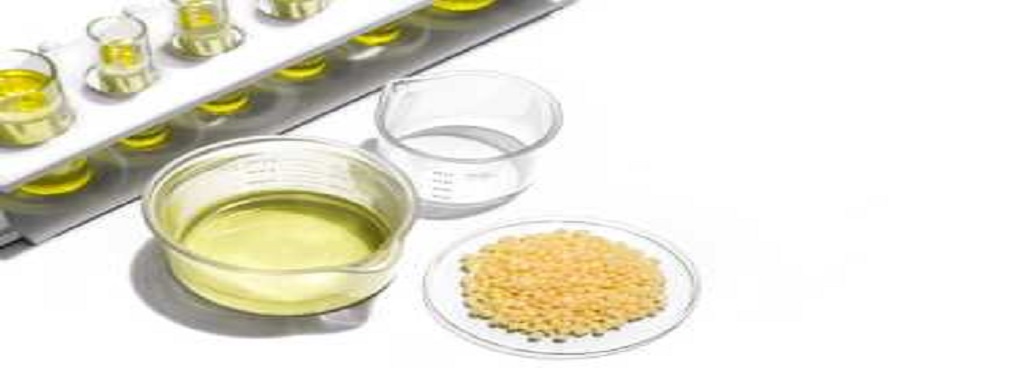Cosmetics are an essential part of our daily routine, helping us look and feel our best. However, have you ever wondered what goes into these magical potions that make them so effective? Cosmetic ingredients play a crucial role in determining the quality and effectiveness of the product. From surfactants to moisturizers, each element has its unique function and benefits. In this article, we will explore the different types of cosmetic ingredients and their role in enhancing the beauty products we use every day.
Cosmetic surfactants
Cosmetic surfactants are one of the most common types of ingredients found in cosmetics. They act as cleansing agents, helping to remove dirt, oil, and other impurities from the skin. Surfactants also play a vital role in creating foam and lather, which makes cleansing more enjoyable. They are often found in shampoos, body washes, and facial cleansers. Examples of surfactants include sodium laureth sulfate, cocamidopropyl betaine, and polyglucoside.
Fragrance agents are another essential category of cosmetic ingredients. They add a pleasant scent to products, making them more appealing to use. Fragrances can come from natural sources such as essential oils or synthetic sources developed in the lab. Different scents have various effects on our emotions and can evoke certain moods or memories. However, it’s important to note that some individuals may have sensitivities or allergies to certain fragrances. Fragrance agents are widely used in perfumes, lotions, and body sprays.
Moisturizers
Moisturizers are paramount in keeping our skin hydrated and preventing dryness. They work by creating a protective barrier on the skin’s surface, reducing water loss and sealing in moisture. Moisturizers come in various forms, such as creams, lotions, or oils. Ingredients like glycerin, hyaluronic acid, and shea butter are common moisturizing agents used in skincare products. Moisturizers are essential in keeping our skin soft, supple, and healthy-looking.
Antioxidant cosmetic chemicals
Antioxidant cosmetic chemicals play a crucial role in protecting our skin from environmental stressors like pollution and UV rays. They help neutralize harmful free radicals, which can cause premature aging and damage to the skin cells. Antioxidants such as vitamin C, vitamin E, and green tea extract are frequently used in skincare products due to their protective properties. By incorporating antioxidants into our skincare routine, we can improve the overall health and appearance of our skin.
Cosmetic thickeners are ingredients that give products their desired texture and consistency. They enhance the stability, spreadability, and viscosity of formulations, ensuring that they are easy to use and deliver the desired results. Thickeners can be natural or synthetic, and they come in various forms like gelling agents, emulsifiers, or film-formers. Examples of common thickeners include carbomer, xanthan gum, and acrylates copolymer. Without thickeners, cosmetic products would lack the desired texture and could be challenging to apply and distribute evenly.
In conclusion, understanding the different types of cosmetic ingredients and their functions is essential for making informed choices about the beauty products we use. Cosmetic surfactants cleanse and create lather, fragrance agents add pleasant scents, moisturizers keep our skin hydrated, antioxidant chemicals protect our skin, and thickeners give products their desired texture. By knowing what goes into our cosmetics, we can select products that best suit our individual needs, ensuring that we can all look and feel our best every day.

